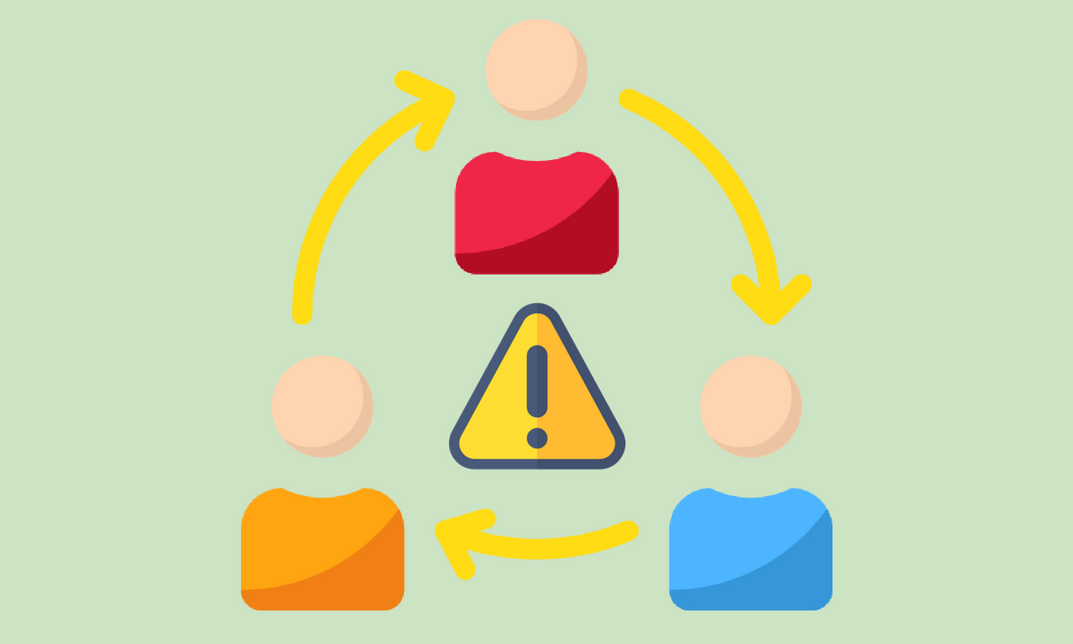Threats, such as terrorism, political violence, kidnap and ransom, cyber risks or product recall can cause serious operational disruption, financial loss or adverse publicity that can impact your organisation and its ability to service its customers. That’s why it’s important to understand crises and the steps you need to take to manage them. The British Standards Institution (BSI) defines crisis as an “abnormal and unstable situation that threatens the organizations strategic objectives, reputation or viability” and crisis management as “development and application of the organizational capability to deal with crisis”.
While you may have an incident response plan, incidents are usually something which can be predicted in advance and can be resolved quickly before long-term or permanent impacts occur. Crises, on the other hand, are unique or unforeseen events and can have dire consequences for your organisation. Failure to respond to a crisis in the correct manner could potentially cripple your organisation and, as this is not something which is part of day-to-day management, you will need to allocate the time and resource to introduce a crisis management plan.
Course Curriculum
| Introduction | 00:00:00 | ||
| The four pillars of crisis management | 00:00:00 | ||
| Section 1: Anticipate | |||
| What is a crisis? | 00:00:00 | ||
| Why crisis resilience is so important | 00:00:00 | ||
| Duty of care | 00:00:00 | ||
| Understanding the risks to the organisation | 00:00:00 | ||
| Section 2: Prevent | |||
| Building a culture of resilience | 00:00:00 | ||
| Roles and responsibilities within the organisation | 00:00:00 | ||
| Implementing a strong crisis management strategy | 00:00:00 | ||
| Implementing safe travel policies | 00:00:00 | ||
| Implementing natural disaster risk plans | 00:00:00 | ||
| Cyber resilience health check | 00:00:00 | ||
| Section 3: Respond | |||
| Tools to manage in the event of a crisis | 00:00:00 | ||
| The immediate crisis response process | 00:00:00 | ||
| Tools and technologies in action | 00:00:00 | ||
| Media and crisis communications process | 00:00:00 | ||
| Social media impact and uses | 00:00:00 | ||
| Section 4: Recover | |||
| Recovery | 00:00:00 | ||
| Reviewing plans and processes | 00:00:00 | ||
| The role of leadership | 00:00:00 | ||
| Section 5: Conclusions | |||
| Conclusions | 00:00:00 | ||
Course Reviews
No Reviews found for this course.












